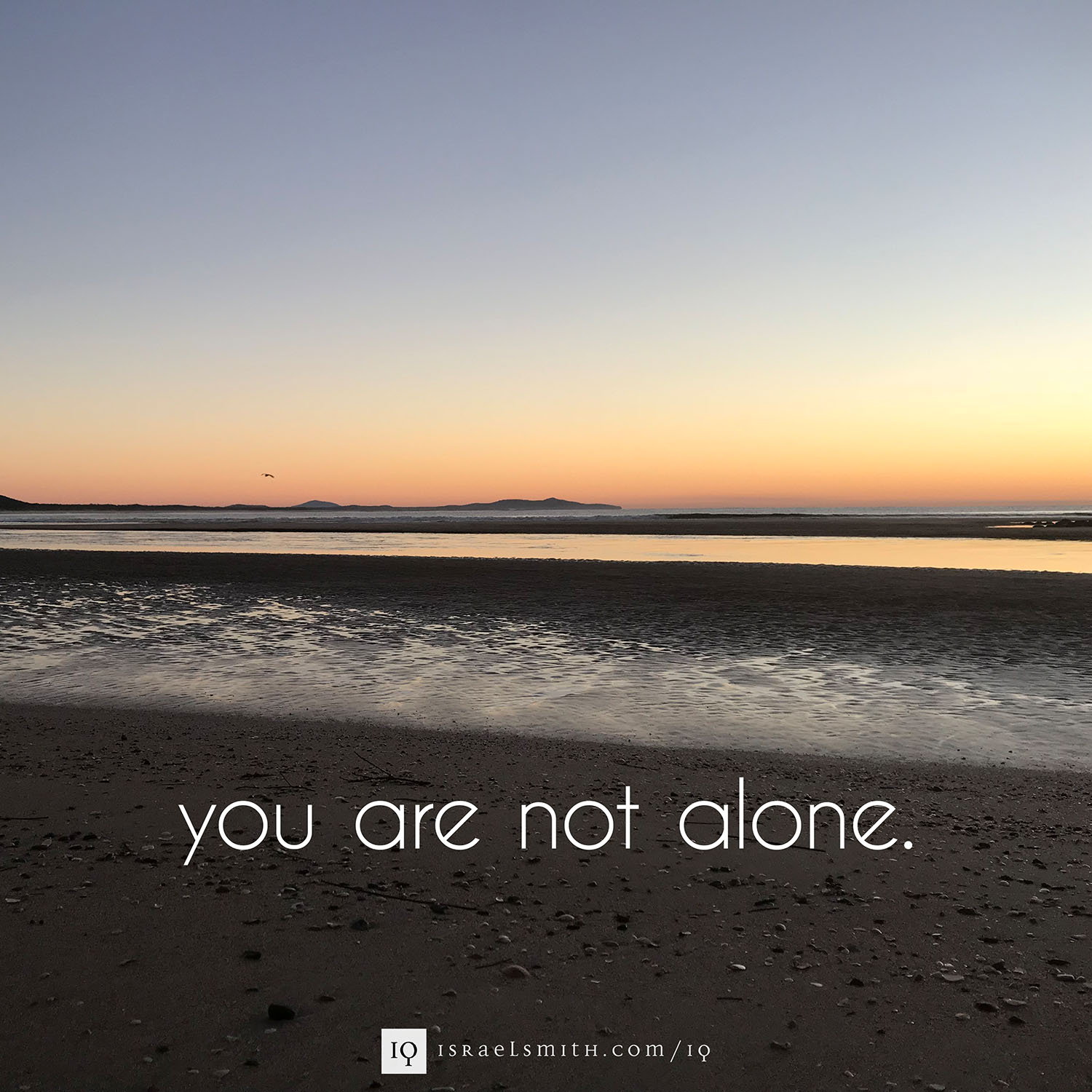As you will probably know by now, if you’ve read a few of these IQs, I have a history of depression. It has touched my life at various points through my youth, studying at University, during my first career in IT, and the most prominently after the birth of my second child, my son Rilien.
I was first diagnosed after Ril was born, but I’m sure my previous episodes would also have been deemed to be “depressions”. Regardless, “the big one” was so deep, so dark, and so all-consuming, that I couldn’t find my way back without professional help and support.
Some time later, I published an account of my story on a friends blog, titled “What I Would Tell You…”, about my journey, and my self-care tips that I developed to help me manage my own mood. The story was read by someone at PANDA, who reached out and shared that I had experienced textbook Post Natal Depression. (I’ve since gone on to become a Community Champion for PANDA, and often do interviews on their behalf, talking about my experience as a dad going through post natal depression.)
As it happens, perinatal depression or anxiety is not the exclusive realm of women. It can affect mums and dads, in the periods before, during, or after pregnancy. And in my case, because the onset of depression fell within a year of my son arriving, it is classified as post-natal depression.
In Australia, around 1 in 20 new dads experience ante-natal depression (i.e. before baby arrives), and that rises to 1 in 10 new dads after the baby arrives. These are not small numbers, yet there is a large lack of awareness about this particular corner of mental illness.
I will be appearing on Channel 9’s Today Show this morning (Thursday) around 8:40am to talk with Georgie about this very issue. My hope is that by sharing my own experience, it might help other new dads recognise what they might be going through, and help them feel brave enough to seek help, and get back to being the best father and partner they can be.
As part of the preparation for today’s TV segment, I was asked to write a few bullet points about the key questions that I would likely be asked on the segment. The last question in the emailed script was this:
“To any other fathers out there watching this who are feeling they can’t talk about this… what would you like to say to them?”
And my answers, for what they’re worth, are shared here in detail, in case they help a father in your life.
Firstly, you are not alone. There are other Dads who are going through this, and more importantly, there are Dads who have gone through this and fully recovered. You are not alone.
Secondly, there’s no shame or weakness in admitting that you’re having a hard time. It’s actually a sign of strength rather than weakness, to admit to yourself that you need help, and to ask for it.
Thirdly, no matter how awkward or hard the conversation is, open up to your partner, and be honest about how you’re feeling. You’re going to be better off working at this together, rather than trying to be an island, and figuring it all out yourself. I know this from my own experience – things improved once I started talking to Bel about where I was at.
Finally, talk with your GP. There are great treatment programs available, including a Medicare mental health plan, where you can get help, so you can get back to being your best for your family.
I hope that helps.
Remember: You are not alone.
With love,
Israel. xo

